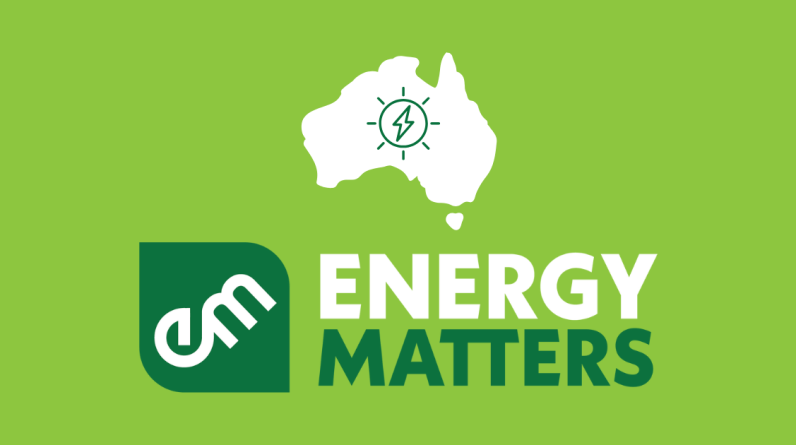Marketers rely more and more on AI to help them with their work. Andy Martinus of Team Lewis says using the technology correctly can help win the war with ever-increasing demands.
The quandary of a modern-day marketer is that we already feel overloaded, but the number of demands on our time and attention looks set only to grow. Ding. There goes Slack. Ring-ring. Here’s a Zoom-bomb. Buzz. Another client request via WhatsApp. Never mind keeping tabs on project channels, updating timesheets, and juggling requests for proposals (RFPs). Nor the research, emails, chats, and meetings that take up 60% of our day, according to Microsoft.
As the demands being placed on us heighten further, so too do expectations. Modern job descriptions demand an ever-increasing commitment to responsibility coupled with expectations of excellent time management skills and a range of other attributes. Yet, it’s no secret that modern workers prioritize flexibility. And, as they strive towards a better work-life balance, many wonder how AI could help them achieve the right split. In fact, despite fear and skepticism across the industry, many in marketing already use AI to make their lives easier.
But are marketers using AI because we’re overwhelmed, or because we’re lazy? And, are we using it in the very best possible way?
Use AI to free up brain power
Marketers face more challenges than ever before. From finding needles in haystacks of data to helping inform campaigns and strategies, to staying abreast of fast-moving innovations and tech developments. All the while, we’re expected to understand the impact of these advances on clients and consumers. When it comes to AI, many in the industry are not only assessing how their clients can use it in appropriate, valuable ways. But also, how they and their teams might benefit from it too.
Recent research conducted by my colleagues at Team Lewis found that 72% of global marketers are already using AI in their marketing efforts. According to HubSpot, 60% see AI tools as a helpful assistant to support their roles, believing that it can help with repetitive tasks and time-consuming processes and save them up to two-and-a-half hours per day.
Meanwhile, with regard to creative teams, half of writers already use AI to improve the performance of their content. In the UK, the top creative use cases for generative AI are content ideation or brainstorming (52%) and creating visuals (47%). Despite many harboring initial concerns that AI could replace them in future, it appears that the technology is increasingly being used in creative disciplines to solve problems, in lieu of thinking and doing. The question we need to ask is, why?
The productivity of marketing alone could increase between five and 15% of total marketing spend thanks to generative AI, McKinsey estimates. This indicates that with so many of us spending our working hours on tedious, time-consuming tasks, it’s possible that our brain power is being used up on mundane activities, instead of creative executions. Leaving us left – not too lazy – but too tired to land on big thoughts that elevate our output.
Suggested newsletters for you
Daily Briefing
Daily
Catch up on the most important stories of the day, curated by our editorial team.
Ads of the Week
Wednesday
See the best ads of the last week – all in one place.
The Drum Insider
Once a month
Learn how to pitch to our editors and get published on The Drum.
Maximizing creative potential
Humans possess an ability for nuanced understanding, thought processes, and emotional intelligence that AI simply doesn’t have. But that’s not to say AI can’t help us. Its benefits can go beyond sending meeting summaries and streamlining operations. It can also be leveraged to make our marketing better. While some are already using AI to analyze consumer behavior and preferences, others look to it to help spark or build out ideas, both of which can enhance our creative output.
In fact, AI can have a role to play in the creation of relevant campaign messages that target and reach the right audiences. Over three-quarters (77%) of marketers say generative AI helps them to create more personalized content. And that’s important, with 93% of marketers stating that personalization boosts sales. This highlights that, when used effectively and in collaboration with humans, AI can assist with increasing the impact of marketing.
There’s no denying that AI carries risks. Especially regarding privacy, ethical use concerns, and data governance. There is plenty to uncover about the role it could play in marketing, and society as a whole. And as it continues to evolve, keeping up with developments doesn’t look set to become any easier. However, consumers are increasingly wary of marketing efforts, fatigued by generic, one-dimensional, or AI-generated content.
So, when used wisely to free up creative capacity, AI can help us cut through the noise of a crowded digital landscape. This, in turn, can give us the gift of time to spend on the things we do best. To create. And allow us to prove that less overwhelm leads to less ‘laziness’, and more impactful marketing.






